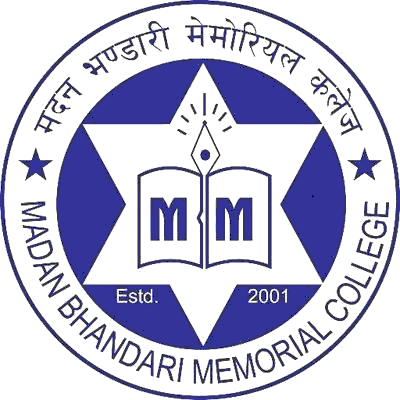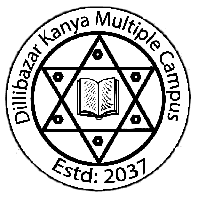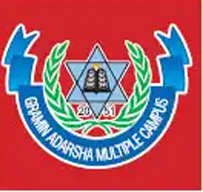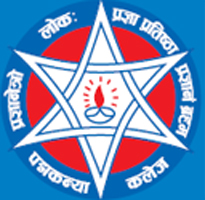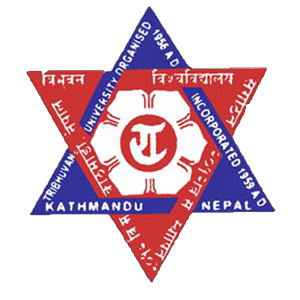Overview
MA in Sociology at Santwona College, Shantinagar, Kathmandu
MA in Sociology at Santwona College in Shantinagar, Kathmandu runs under Tribhuvan University (TU). Studies social structures, institutions, and everyday life in Nepal. The program highlights clear writing, data use, and policy relevance.
Students attend morning classes and move through a predictable routine of reading, assignments, and class discussions. Faculty help you plan a research topic early so you can complete the thesis on time.
Highlights
-
Affiliation: Tribhuvan University (TU)
-
Location: Shantinagar, Kathmandu; reachable for valley commuters
-
Structure: Two-year, four-semester cycle with coursework and thesis
-
Focus areas: Social theory, research methods, development, policy, identity, inequality, migration, education, health
-
Facilities: Library, computer lab with internet, multimedia-supported classrooms
-
Assessment: Internal evaluation, written exams, seminar work, and thesis defense
Curriculum Details
MA in Sociology at Santwona College follows TU’s semester outline. The first year builds theoretical and methodological grounding. The second year deepens specialization and completes the thesis.
-
Semester I: Classical and contemporary sociological theories; statistics for social research; Nepal social indicators; academic writing basics
-
Semester II: Qualitative methods; policy and governance; elective on development or education; proposal submission
-
Semester III: Area electives such as gender and society, migration and remittance, urban studies, organization and work; pilot study; data sessions
-
Semester IV: Thesis chapters and final defense; seminar presentation; policy brief or dissemination assignment
Reading seminars rely on peer discussion and short response papers. Writing labs provide structured feedback on drafts and references.
Objectives
-
Build a strong base in sociological theory and research practice.
-
Improve data literacy for Nepal’s census, surveys, and administrative records.
-
Train students to link evidence with policy questions and community realities.
-
Prepare graduates for roles in research, planning, monitoring, and teaching.
Scope
Graduates work in research units, monitoring and evaluation, policy centers, and education. Skills support roles in public programs, development projects, and private sector studies. Students who plan for MPhil/PhD gain the grounding needed for advanced research.
Learning Outcomes
-
Interpret theories and apply them to Nepal’s social questions.
-
Use qualitative and basic quantitative tools to analyze problems.
-
Write literature reviews, methods sections, and results with clear structure.
-
Present research in seminars and defend findings with evidence.
Skill Development Modules
-
Quantitative basics: Descriptive statistics, table reading, and simple analysis for reports
-
Qualitative practice: Interview protocols, coding, and theme building
-
Academic writing: Citation standards, paragraph flow, and revision routines
-
Policy reading: National plans, sector policies, and program documents
-
Communication: Slide preparation, brief writing, and oral presentation
Teaching Methodology
Teaching combines lectures, workshops, data labs, and supervised research. Faculty give formative feedback on assignments and drafts. Peer review sessions help you refine arguments and improve clarity.
Admission Requirements
-
Eligibility: Bachelor’s degree from a recognized institution in Sociology or a related field accepted by TU
-
Documents: Transcripts and character certificates, citizenship or passport copy, photographs, and equivalence for foreign degrees if required
-
Selection: Application review; counseling or interview if needed; seat confirmation within notified dates
Applicants should follow the current intake notice for deadlines and any updates.
Career Opportunities
-
Research and evaluation: Surveys, interviews, data summaries, and report sections
-
Program roles: Documentation, training support, and coordination in social sector projects
-
Policy and planning: Briefs, evidence summaries, and stakeholder notes
-
Education: Teaching assistance, curriculum support, and workshops
Scholarships and Financial Aid
-
Internal concessions: Merit- or need-based support per campus policy and availability
-
External schemes: National or institutional scholarships where eligible
-
Installments: Fee schedules as per campus rules
Why Choose This Course?
-
Consistent routine: Morning schedule that supports steady study habits
-
Research focus: Early topic selection, data labs, and structured feedback
-
Resource base: Library access, quiet study areas, and internet-enabled labs
-
Local relevance: Assignments and thesis topics that reflect Nepal’s social realities
Conclusion
MA in Sociology at Santwona College provides a clear route from theory to applied research. Students who prefer structured guidance, timely feedback, and Nepal-centered study will find a program that supports confident writing, careful analysis, and meaningful project work.



